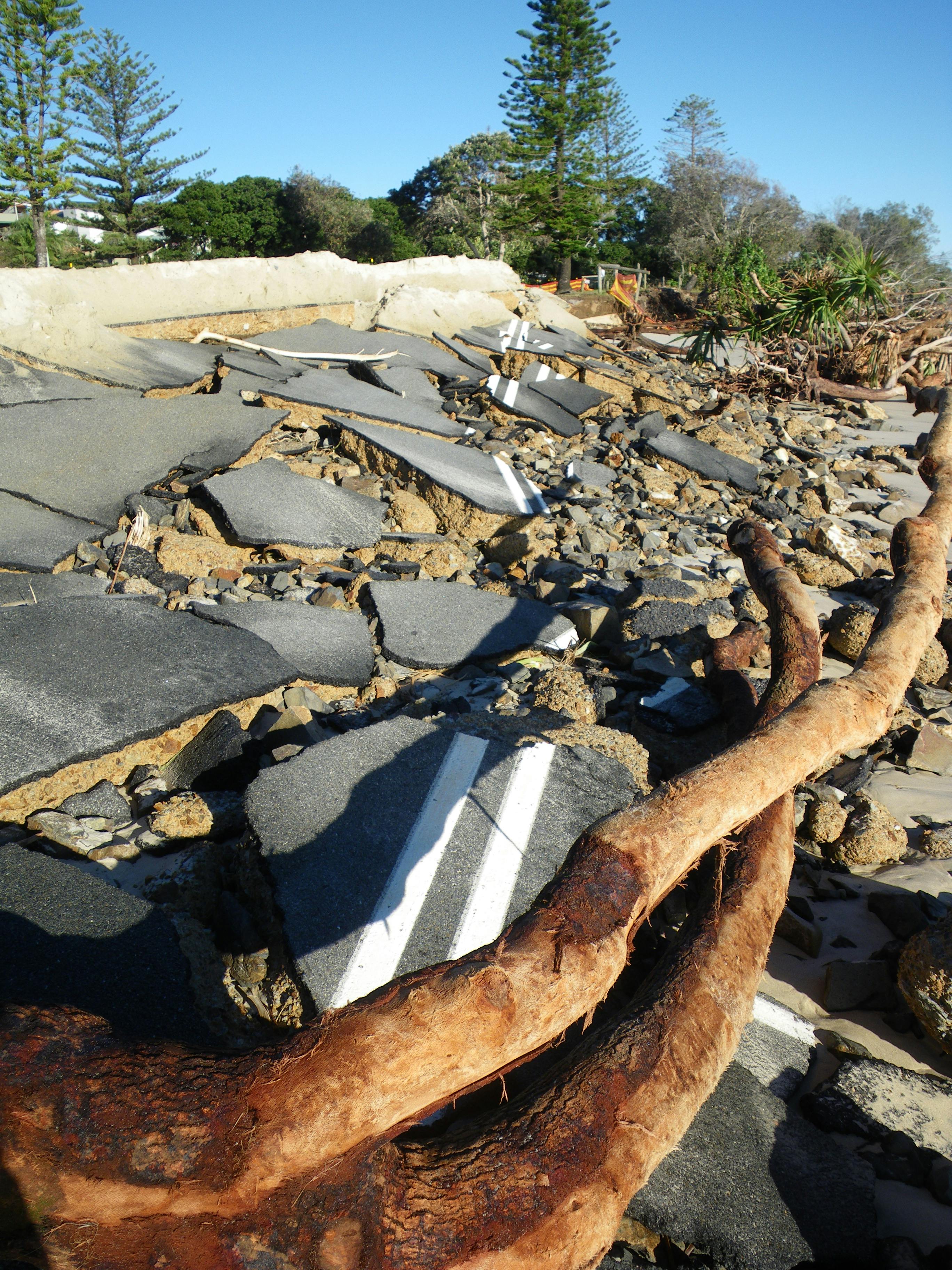 Overview of the draft Climate Change Policy – Net Zero by 2030
Overview of the draft Climate Change Policy – Net Zero by 2030
You are invited to have your say on the draft Climate Change Policy – Net Zero by 2030 which will guide Council’s actions to manage the impacts of climate change into the future.
The draft policy provides information about the following:
- Council has a role to play and will be a community leader in reducing its greenhouse gas emissions (mitigation), and will assist the community to do the same.
- Council has set an aspirational target to reach net zero emissions from its operations by 2030.
- Climate change will have an impact on the Tweed’s infrastructure, services, environment, and community.
- Communication, cooperation, innovation, and partnerships will be essential for effective mitigation and adaptation to climate change.
Read the draft Climate Change Policy – Net Zero by 2030
See key definitions
Why the draft policy was developed
The draft Climate Change Policy – Net Zero by 2030 was developed to acknowledge that our global climate is changing and that in the Tweed the effects will impact Council operations, the community, the economy, and our environment.
This draft Policy aims to communicate Council’s targets, objectives, and priorities in addressing climate change, and establishes a framework to build resilience within the organisation, the community, and landscape.
On 19 September 2019 Council declared that we are in a state of climate emergency that requires urgent action by all levels of government, including local councils.
Public Exhibition
The draft Climate Change Policy – Net Zero by 2030 is on public exhibition until Monday 18 May 2020 and Council welcomes community feedback.
If adopted by Council, this policy will guide Council’s direction for managing the impacts of climate change into the future. An action plan will be developed to prioritise, determine costs and program the activities needed to address the risks and challenges.
Have your Say
You are invited to make a submission until Monday 18 May 2020 to formally provide your feedback on the draft policy. Make a submission by using the online submission form below to tell us your thoughts on the draft Climate Change Policy – Net Zero by 2030. Please be as specific as possible with your answers. It also includes a short survey.
Submissions can also be made by email or mail.
Online: Submission form below
Email: tsc@tweed.nsw.gov.au Subject: draft Climate Change Policy – Net Zero by 2030
By mail: The General Manager, Tweed Shire Council, PO Box 816 Murwillumbah NSW 2484
Submissions will be received by Council no later than 4pm on Monday 18 May 2020.





